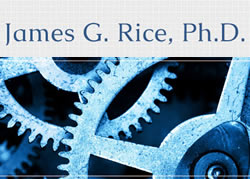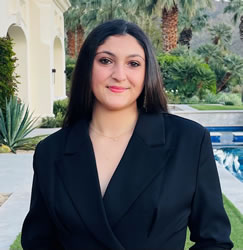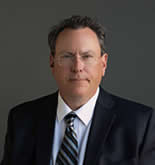Quite often when I receive an inquiry from an attorney about a new case, the case deals with a product or device that involves a very specialized and narrow area of design and engineering. A typical example of such a device would be a vacuum cleaner. The attorney will state that they are looking for an expert who has specifically worked in this specific segment of industry in the design and engineering of vacuum cleaners. They often will then state that they are having a hard time locating such an expert. The problem of course is that in such a very specialized area, such individuals are not widely available and are also highly unlikely to be working in litigation support. Even further, should the attorney be fortunate enough to find such an individual, it is frequently the case that they are not willing to participate in litigation support.
Although I have never worked for a company in this specific segment of industry, I have performed consulting work in vacuum cleaner design and engineering for companies in this industry segment. Why, you might ask, would a vacuum cleaner company hire me to consult on the design and engineering of their own product when they have competent in-house people who have worked on these designs for many years? The answer is that I have a strong technical background and expertise in the underlying fundamental technical areas that the design and engineering of a vacuum cleaner requires. This background and expertise are quite often much stronger than that of the typical designer working for the company. The same reasoning that leads the vacuum cleaner company to hire me also holds for the attorney looking for an expert.
In addition to my strong technical expertise, I have extensive experience in patent litigation cases. Because patent litigation is one of the more complex areas of litigation, the expert witness is susceptible to making a critical mistake, for example, during a deposition. From my own experience, it appears that patent litigation is the foremost area of litigation in which technical issues can be strongly interwoven with legal issues. This can lead to the situation during a deposition where what may appear on the surface to be a relatively straight forward technical question can have critical underlying legal implications. I recall being asked during a deposition if a particular element of a claim was a "method." The wording of the claim was not entirely clear on this issue and a less experienced witness might have simply answered "yes" and thus inadvertently have testified in effect that the claim was invalid. Although the attorney the expert is working with during preparation for the deposition may be excellent, it is difficult, if not almost impossible, to anticipate all of the avenues the opposing attorney may take during the course of a deposition. This makes it all the more important that the expert have strong experience in patent litigation.
Dr. James Rice has over 35 years of technical and managerial experience in both industry and academia. He has a strong technical background in broad areas of mechanical engineering ranging from fluid mechanics and heat transfer to basic design. Dr. Rice's primary expertise is in computational methods and simulation in mechanical engineering. His mechanical engineering practice has focused in particular on the development and application of these methods to a diverse range of applications in industry, and has also used these methods in his litigation support activities.
©Copyright - All Rights Reserved
DO NOT REPRODUCE WITHOUT WRITTEN PERMISSION BY AUTHOR.











